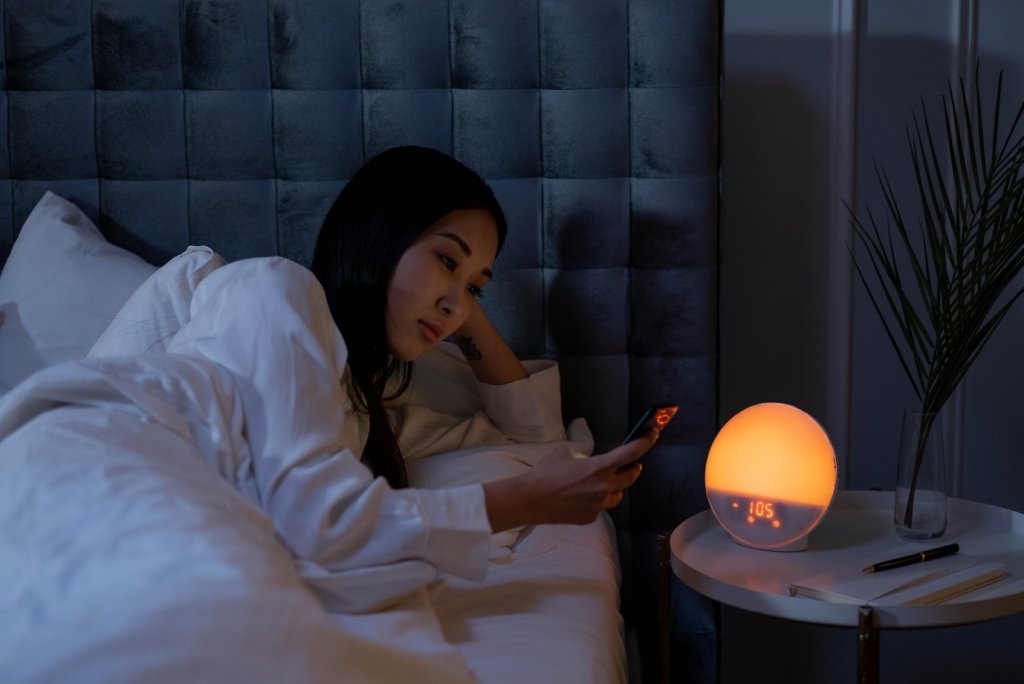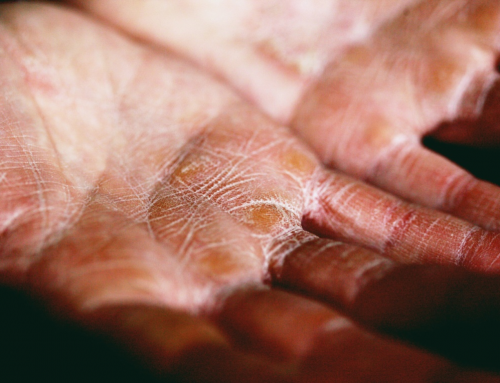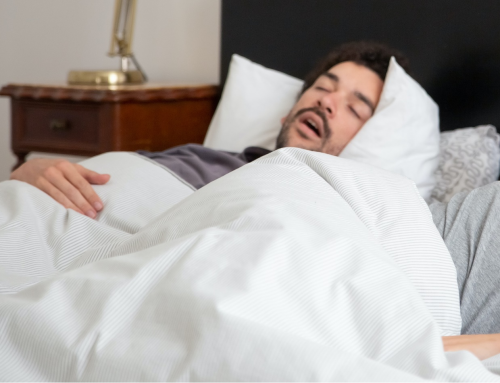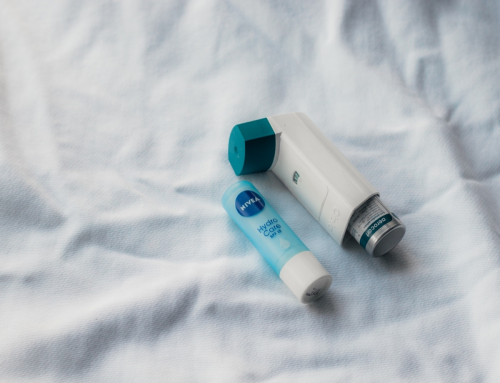Hormones are chemicals released by your body to coordinate different functions of your organs. They are like signals transmitted from your endocrine system to tell the body what to do. If there are any hormonal imbalances in your body, it may cause temporary or life-long medical conditions.
Hormones are responsible for many bodily functions, and the sleep-wake cycle is one of them. A prolonged hormonal imbalance can also cause chronic sleep disorders. Visit our Odessa sleep doctors and specialists for timely diagnosis and treatment.
Let’s discuss the hormones that can affect your sleep quality:
Melatonin
Melatonin, also known as the sleep hormone, is one of the hormones responsible for the sleep-wake cycle in the human body. Melatonin is produced in the pineal gland, and in a normal sleep-wake cycle, its levels are high at night and low during the day.
Circadian rhythm influences melatonin levels in the body. Light affects circadian rhythms and signals the brain to lower your melatonin level to keep you awake during the day or raise it at night to help you sleep. If there is any disruption in circadian rhythm due to artificial lights, it will delay the production of melatonin, causing sleep disruption.
Our sleep doctors and specialist in Odessa always recommend patients to avoid the use of electronic devices before bedtime. Reduced exposure to light helps the body produce sufficient melatonin levels for a healthy sleep-wake cycle.

Cortisol
Cortisol is also called the stress hormone, and adrenal glands are responsible for producing it. Cortisol also regulates other hormones in your body, and an imbalance in cortisol can also trigger irregularities in other hormones.
In normal sleep-wake cycles, cortisol levels drop during deep sleep and start to rise during the middle of the night to help regulate other hormones when you wake up. Cortisol and melatonin work together for healthy sleep. When melatonin decreases, cortisol increases and vice versa.
Stress and eating patterns can directly affect cortisol levels. Elevated cortisol levels result in sleep deprivation or disruptions.
Changing your eating habits, exercising daily, and healthy sleep patterns can help your body regulate cortisol levels naturally. If you need medical treatment, consult our sleep doctors in Odessa.
Estrogen and Progesterone
Estrogen and progesterone are female sex hormones responsible for menstruation and pregnancy, respectively. The increase and decrease in these two hormones regulate a healthy reproductive cycle.
Estrogen is the main female sex hormone that controls a woman’s menstruation cycle. Progesterone is mainly associated with pregnancy and a rapid increase in progesterone during the first trimester helps sustain pregnancy and foster fetal growth.
A normal fluctuation in both hormones causes a regular menstrual cycle. However, women suffering from delayed cycles or polycystic ovarian syndrome have abnormal levels of both estrogen and progesterone.
Women who frequently experience fluctuations in both these hormones often develop sleep disorders. Many pregnant women also experience phases of poor disruptions and insomnia during early pregnancy as well as the third trimester.
Struggling with Poor Sleep?
Hormonal imbalance directly affects your sleep health, and a prolonged imbalance can lead to sleep disorders like insomnia, sleep apnea, etc. Consult our Odessa sleep doctors and specialists to help you regulate your sleep-wake cycles and get a better night’s sleep.
Is there any other underlying medical condition associated with your poor sleep pattern? We have one of the best allergy specialists and eczema & allergy treatment doctors in our Odessa clinic.
Contact us to get an appointment today!









Leave A Comment